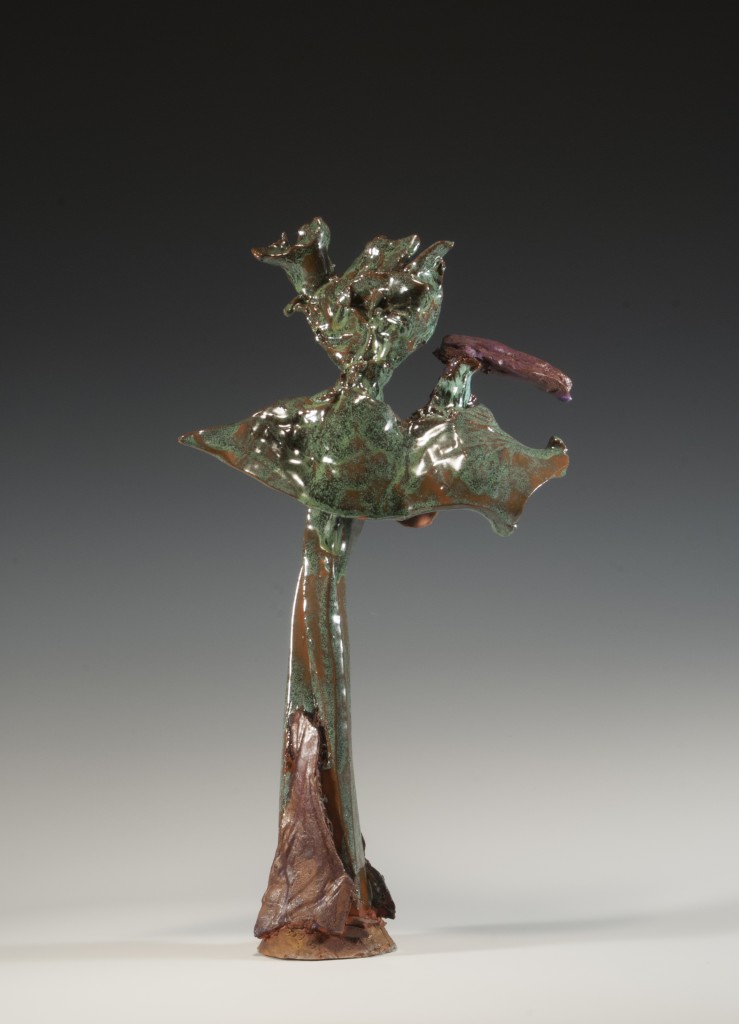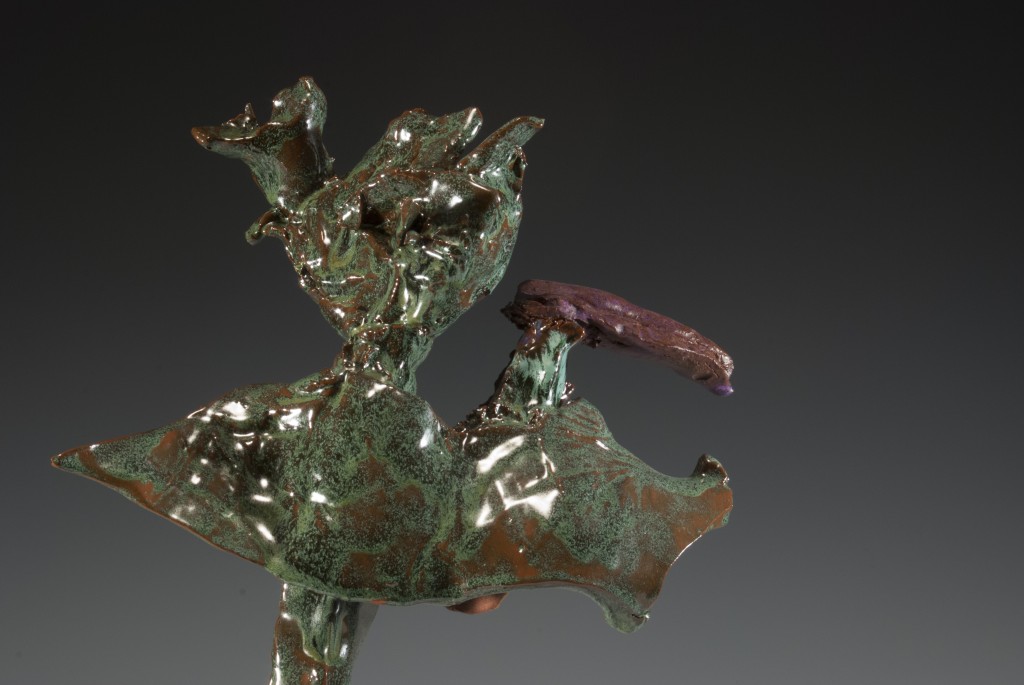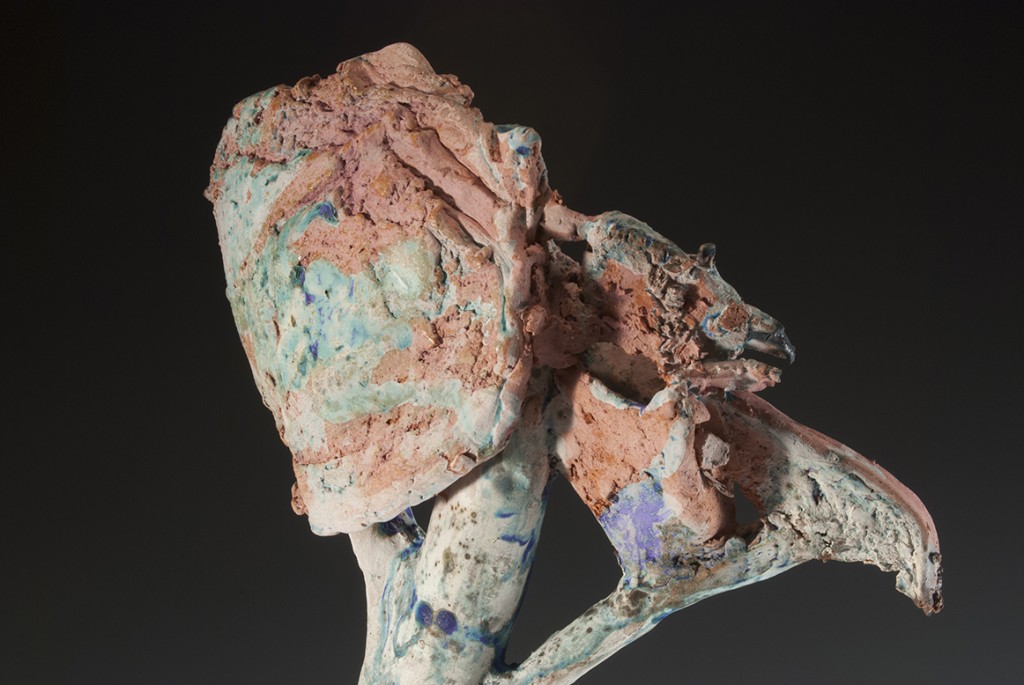Vision, imagination, and fabrication are integral and fundamental components of my professional profile. Rooted in traditional academic practices, and spoken in the language of contemporary consciousness, the things I make synthesize a dialogue of art, perception, and nature. The methods I employ as an artist and craftsman provide experiences that extend into the disposition and content of the classes I teach.
Earthen clay is an analogous sample of earth’s crust in that its elemental constitution is primarily composed of the same oxides of silica, alumina, and iron, and in essentially the same percentages.
“Compare, for example, an analysis of a common red clay with the approximate percentages of oxides on the surface of the earth as a whole:
|
Earth as a whole |
Common red clay |
|
| SiO2 |
59.14 |
57.02 |
| A12O3 |
15.34 |
19.15 |
| Fe2O3 |
6.88 |
6.70 |
| MgO |
3.49 |
3.08 |
| CaO |
5.08 |
4.26 |
| Na2O |
3.84 |
2.38 |
| K2O |
3.13 |
2.03 |
| H2O |
1.15 |
3.45 |
| TiO2 |
1.05 |
.91” * |
* Rhodes, Daniel, Clay and Glazes for the Potter, Chilton Company, Radnor Pennsylvania, 1957
Clay (Al2 O3- 2SiO2-2H2O) is a product of ongoing erosion and sedimentation. Using it to mimic geologic processes such as deformation and metamorphism, while selecting most of the remaining oxides listed above for glazes, seems appropriate to making an intimate, gestural representation of earth.
The approach and result are old school. I am a slave to the plastic arts. Making materials thicken, stratify, counterbalance, cantilever, dehydrate, then eventually vitrify, and fuse is a challenge to my skills as a visual and tactile strategist. It is humbling to accept the inherent perishability of a composition at every stage of its handling, yet know that similar structures transformed by fire can last millennia.



